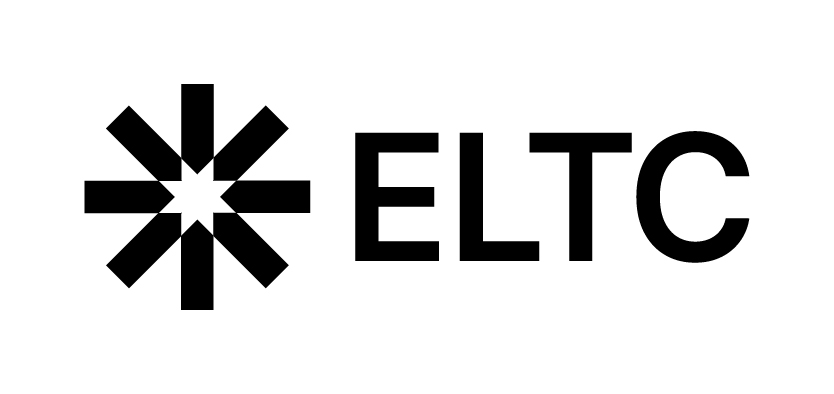
Using Electronic Signatures in Cyprus
- Καινοτομία/ Start Ups - Νομοθεσία, Νομική & Δικηγόροι
ΠΕΡΙΓΡΑΦΗ
This Seminar offers 6 verified CPD points by the Cyprus Bar Association.
This course on electronic signatures in Cyprus provides an overview of the legal framework and practical applications of electronic signatures in various sectors, including business, government, and healthcare, with a focus on compliance with the EU eIDAS Regulation.
Eligibility criteria and CPD Units are verified directly by your association or other bodies in which you hold membership.
ΣΚΟΠΟΣ ΣΕΜΙΝΑΡΙΟΥ
Training employees on the use of electronic signatures is important to ensure that they understand the legal requirements and practical applications of electronic signatures in their work. This includes understanding when electronic signatures can be used, how to create and verify them, and the potential risks associated with their use. Proper training can help prevent errors, increase efficiency, and mitigate legal and security risks associated with the use of electronic signatures.
Attending a course on the practical and regulatory aspects of using electronic signatures in Cyprus can be beneficial for several reasons:
1. Legal Compliance: Cyprus has specific regulations and legal requirements regarding the use of electronic signatures. Attending the course will ensure that individuals and businesses understand and comply with these regulations, minimizing the risk of legal issues or non-compliance.
2. Efficiency and Convenience: Electronic signatures offer a faster and more convenient way to sign documents, eliminating the need for physical presence or paper-based processes. By attending the course, participants will learn how to leverage electronic signatures effectively, saving time and improving efficiency in their professional or personal transactions.
3. Cost Savings: Adopting electronic signatures can lead to cost savings by reducing the expenses associated with printing, scanning, and couriering documents. Learning about the practical aspects of using electronic signatures in the course can help individuals and businesses optimize their processes and reduce overhead costs.
4. Security and Integrity: Electronic signatures, when implemented correctly, can provide a high level of security and integrity to signed documents. The course will cover best practices and security measures to ensure the authenticity and integrity of electronically signed documents, protecting against fraud or tampering.
5. Remote Collaboration: In today's global and digital environment, the ability to collaborate remotely is essential. Understanding how to use electronic signatures allows for seamless collaboration and signing of documents, even when parties are geographically dispersed. Attending the course will enable individuals to leverage technology for remote collaboration efficiently.
6. Enhanced Customer Experience: By incorporating electronic signatures into business processes, organizations can offer a more streamlined and convenient experience for their clients. Attending the course will provide insights into implementing electronic signatures in customer-facing transactions, improving customer satisfaction and loyalty.
7. Digital Transformation: The adoption of electronic signatures is a key component of digital transformation initiatives. By attending the course, individuals can gain knowledge about the practical implementation of electronic signatures and contribute to the digitalization efforts of their organization, staying competitive in the modern business landscape.
8. Industry Compliance: Certain industries, such as finance, legal services, and healthcare, have specific compliance requirements regarding the use of electronic signatures. The course will provide industry-specific guidance on regulatory compliance, ensuring that individuals working in these sectors can confidently and legally use electronic signatures in their workflows.
ΣΕ ΠΟΙΟΥΣ ΑΠΕΥΘΥΝΕΤΑΙ
- Lawyers and legal professionals
- Graduate lawyers, law students, law researchers
- In-house lawyers and Corporate Administrators
- Internal and external legal advisors
- Financial Advisors
- Compliance Officers
- Managers and Executives across disciplines (IT, HR, Projects, Strategy, Digital, Technology, Innovation,
- Administration)
- Senior Management
- Attorneys of the Republic
- Government Agencies
- Bank employees who deal with electronic signatures on documents they review.
ΠΕΡΙΣΣΟΤΕΡΕΣ ΠΛΗΡΟΦΟΡΙΕΣ
Course Content:
UNIT 1: Introduction to Electronic Signatures
- Ice breaker
- Introduction to the course and trainer
- Definition and concept of electronic signatures
- Advantages and disadvantages of electronic signatures
- Why do businesses use electronic signatures
- Common applications of electronic signatures
- Case studies of successful use of electronic signatures.
UNIT 2: Types of electronic signatures
- Simple electronic signatures (e-signature)
- Advanced electronic signatures
- Qualified electronic signatures
- Digital signatures
- Difference between electronic and digital signatures
UNIT 3: Legal Requirements for electronic signatures
- Legal framework for electronic signatures in Cyprus
- Law 55(I)/2018
- The EU eIDAS Regulation
UNIT 4: Creating and using electronic signatures
- Creating and verifying electronic signatures
- Qualified providers in the member states.
- Tools/software/technologies for creating electronic signatures
- Using electronic signatures for different types of transactions
- Best practices for creating and using electronic signatures
- Cross-border use of electronic signatures.
UNIT 5: Legal Implications and risks associated with electronic signatures
- Legal Validity and enforceability of electronic signatures
- Liability and responsibility issues
- Fraud and security risks
- Admissibility in court.
Πληροφορίες Εκπαιδευτή
Αναλυτικό Κόστος Σεμιναρίου
- € 70.00
- € 0.00
- € 13.30
- € 70.00
- € 83.30
ΠΡΟΓΡΑΜΜΑ ΣΕΜΙΝΑΡΙΟΥ
Τετάρτη - 27 Νοε 2024
Ώρα
09:00 - 12:00
ΕΚΠΑΙΔΕΥΤΗΣ:
Ανδρούλλα ΠουτζιουρήΤοποθεσία:
OnLine Virtual Classroom
 Ελληνικά
Ελληνικά  English
English



 Αγγλικά
Αγγλικά
 3 ώρες
(
1 ημέρα
)
3 ώρες
(
1 ημέρα
)























